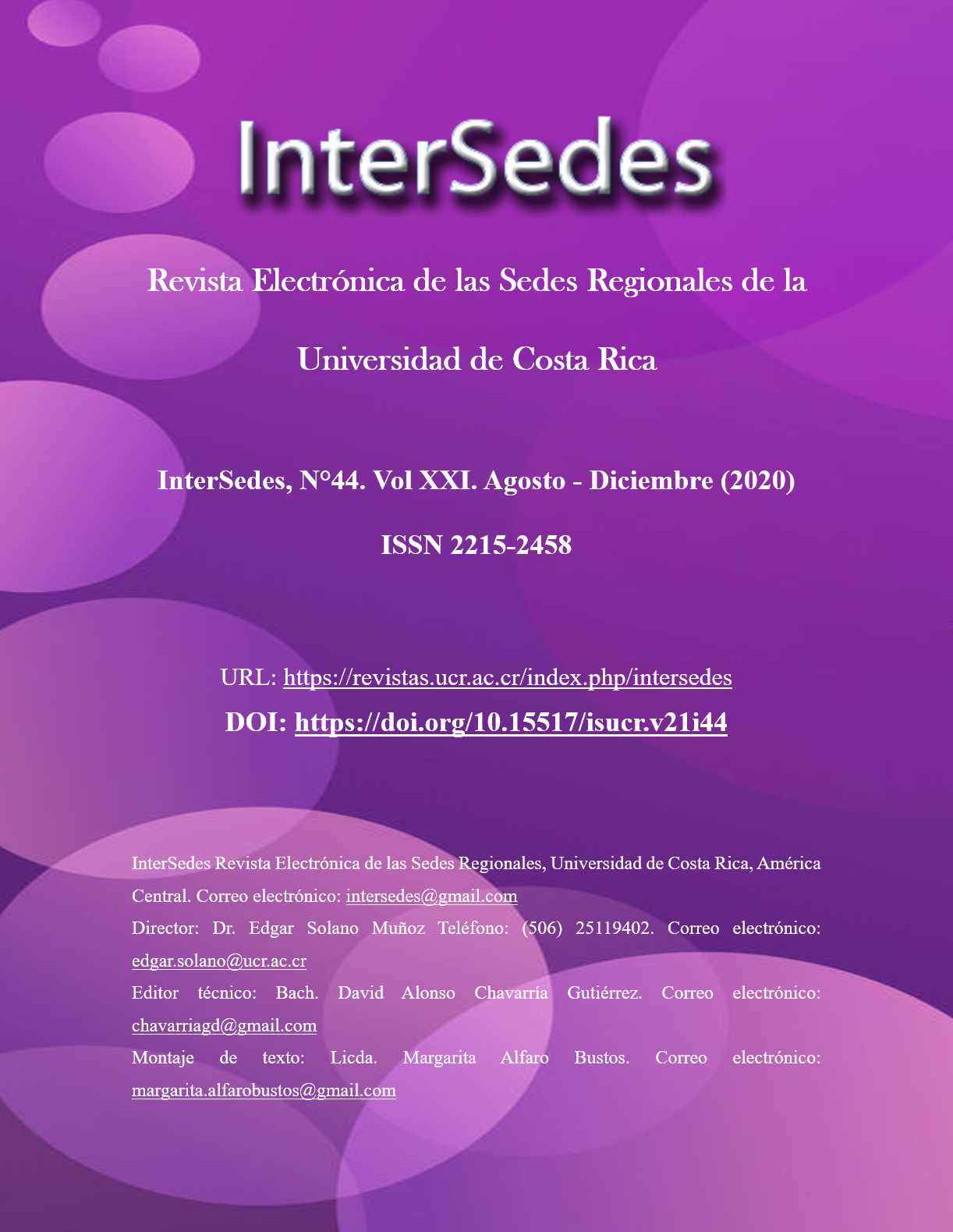Abstract
This essay presents a characterization analysis of F. Scott Fitzgerald’s The Great Gatsby. Being aware of his underprivileged origin, Jay Gatsby spends his whole life amassing his fortune. By examining his behavior in the novel, it is feasible to acknowledge his level of ambition, corruption, alienation, and ultimately loss. In spite of Gatsby’s apparent greatness, failure and decay govern his whole life. He was born not only with delusions of greatness but also with the ability of being corrupt; in his attempt of belonging to the aristocratic class, he loses both everything he has longed for and his own life. Thus, Gatsby’s unreachable dream makes him an ordinary loser, who is only skilled at making money from dirty business.
References
Bruccoli, Matthew J. New Essays on The Great Gatsby. Cambridge University Press, USA, 1983.
Bruccoli, Matthew J. Some Sort of Epic Grandeur: The Life of F. Scott Fitzgerald. Second Revised Edition, University of South Carolina Press, 2002.
Churchwell, Sarah. Careless People: Murder, Mayhem, and the Invention of the The Great Gatsby. Penguin Supports Copywright, USA, 2015.
Clarici, Valentina. Social Alienation in The Great Gatsby and in Its Latest Cinematographic Adaptation: In-Betweenness, Excess and Time. University of Basel, 2014, file:///C:/Users/L/Downloads/SocialAlienationInTheGreatGatsbyandInItsLatestFilmAdaptation.pdf Accessed 11 June 2020.
Djohar, Hasnul. The Power of Hegemonic Classes in F. Scott Fitzgerald’s The Great Gatsby. 298 Al-Turāṡ Vol. XIX No. 2, July 2013, file:///C:/Users/L/Downloads/3722-8969-1-SM.pdf. Accessed 1 June 2020.
Fitzgerald, F. Scott. The Great Gatsby. New York: Scribner, 2004.
Tate, Mary Jo. Critical Companion to F. Scott Fitzgerald: A Literary Reference to His Life and Work. Facts on File: New York Infobase Publishing, USA, 2007.


